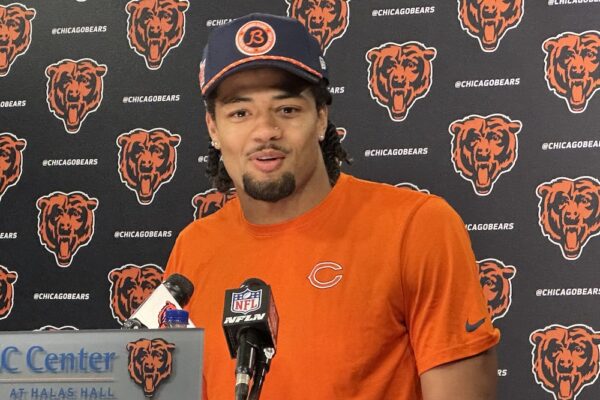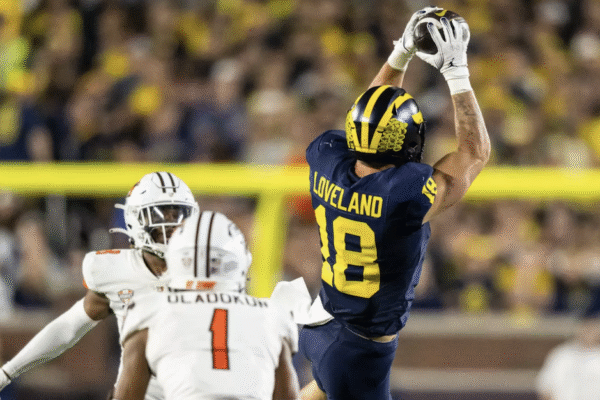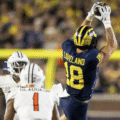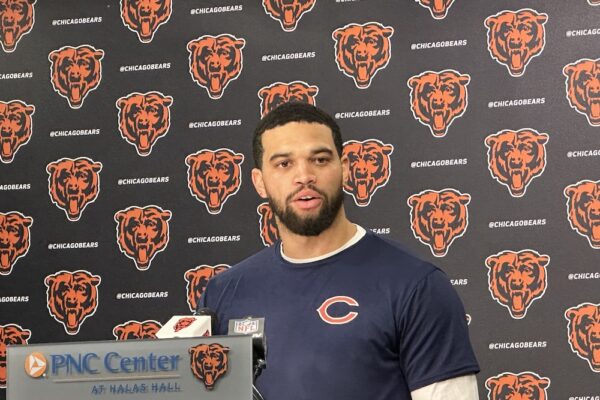The announcement last week that Mariners star second baseman Robinson Cano had been suspended for 80 games as a result of a positive test for a substance banned by MLB caught many by surprise.
Several years ago we got used to this type of headline and we thought nothing of it. We just understood it to be part of the “cleansing process” being undertaken by MLB as it sought to weed out those that had been using inappropriate “medications” to enhance their on-field performance and/or speed up the recovery process from an injury/illness.
The Cano incident surprised many simply because the majority of fans thought that the issue was behind us.
For the most part, it is. Cano’s explanation was that he had been treated in the off-season by a licensed doctor in his homeland, the Dominican Republic.
He explained that the doctor had inadvertently prescribed a drug that was on MLB’s banned substances list.
To Cano’s credit, he accepted the punishment and took full responsibility for “what went into his body”.
In some respects, while we all recognize that Cano should have known better and/or sought advice from MLB before taking the medication, it does raise some interesting questions as to how similar situations can be avoided in the future.
During the playing season, an injured/ill athlete usually seeks out the opinion of his team’s doctor. As he/she is employed by the player’s team, the doctor has a conflict of interest. Does he/she treat the athlete as an independent doctor would in terms of diagnosis/treatment/prescribing medication or does the doctor subconsciously take into account who signs his/her paycheque? Is the athlete the doctor’s patient or another employee of the team?
So why put the players and the doctors (and even the teams) in these uncomfortable situations?
MLB needs a solution to this problem and it needs it quickly. If MLB was serious about closing this type of loophole and avoiding any more instances like the Cano situation, I believe there is a fairly straightforward solution.
If each of the 30 MLB teams each contributed $600,000 per year (essentially the cost of the 25th player on the roster and slightly above the current MLB minimum salary) into a pool, MLB would have $18 Million from which to hire 26 independent doctors to oversee all player injuries/illnesses during the season.
MLB should hire a newly qualified doctor in each major league city (with the Mets-Yankees, Cubs-White Sox, Angels-Dodgers and Giants-Athletics doubling up). Doctors in the four metropolitan areas where there are two teams would be paid $750,000 per year. Doctors in one team markets would be paid $500,000 per year. That would account for $14 Million of the $18 Million in funding from the teams. MLB would be responsible for funding the MLB doctor’s equipment and for securing premises for the doctor’s consultations.
During the season:
Any player requiring a prescription of any type in order to treat an illness or an injury would be required to visit the MLB doctor in whatever city the player’s team happened to be at that time. As an example, if a Reds player required prescription medication during the season when the Reds were playing in Milwaukee, the Reds player would be required to visit the MLB doctor based in Milwaukee for the initial consultation. If the MLB doctor felt that medication was required, he/she would prescribe accordingly, taking into account MLB’s current guidelines for approved/banned substances. If the MLB doctor felt that the injury/illness was beyond his/her comfort zone and a specialist’s opinion was required, the MLB doctor would refer the player to a local specialist with whom he/she had a professional relationship. The specialist’s fee would be drawn from the $4 Million still left in MLB’s medical pool.
If a player tested positive for a banned substance and it was determined that the MLB doctor had issued the prescription, then the player would be absolved and MLB would deal with the doctor as it saw fit, perhaps terminating his/her contract.
After the Season:
Once the season is over, if a player chooses to visit a doctor other than one of the MLB doctors (either for personal preference or for geographic reasons), then the prescription would have to be approved by MLB in New York, (by fax or by e-mail) before the athlete consumed the prescribed drug.
Who Wins Here:
Everyone. The player because he can be assured that the doctor prescribing the medication is independent from both the player and his team. MLB because it would know that medications were being prescribed correctly, as such prescriptions would be issued by MLB employees. Team doctors win as they would no longer be put in a position of deciding whether they were treating a patient or just another employee of the team that employees the doctor. The MLB doctor wins because as a new graduate it is an opportunity for him/her to essentially start a practice and establish themselves in a community; he/she has the off-season (and when those doctors in one city teams have no MLB games in their cities) to lay the foundation for his/her own full time practice and enhance their studies if they were considering specialization.
Initial contracts with the MLB doctors would be of varying lengths, but once the programme is established, the MLB doctors would be on three year contracts, requiring MLB to hire 10 doctors a year.
So simple, it’s puzzling why it hasn’t been proposed before and put in place.








